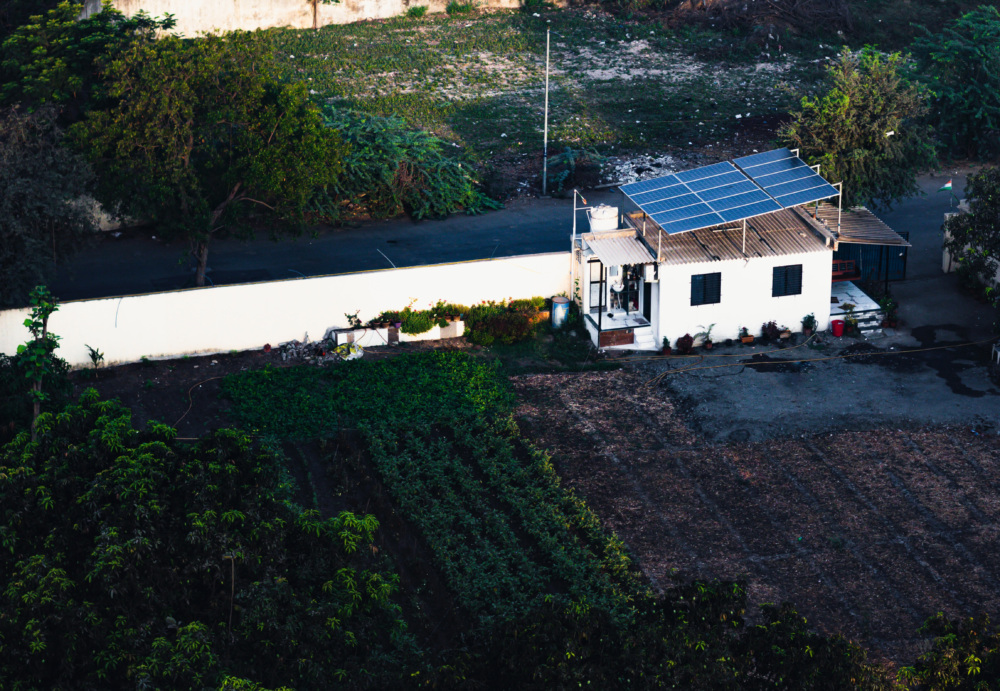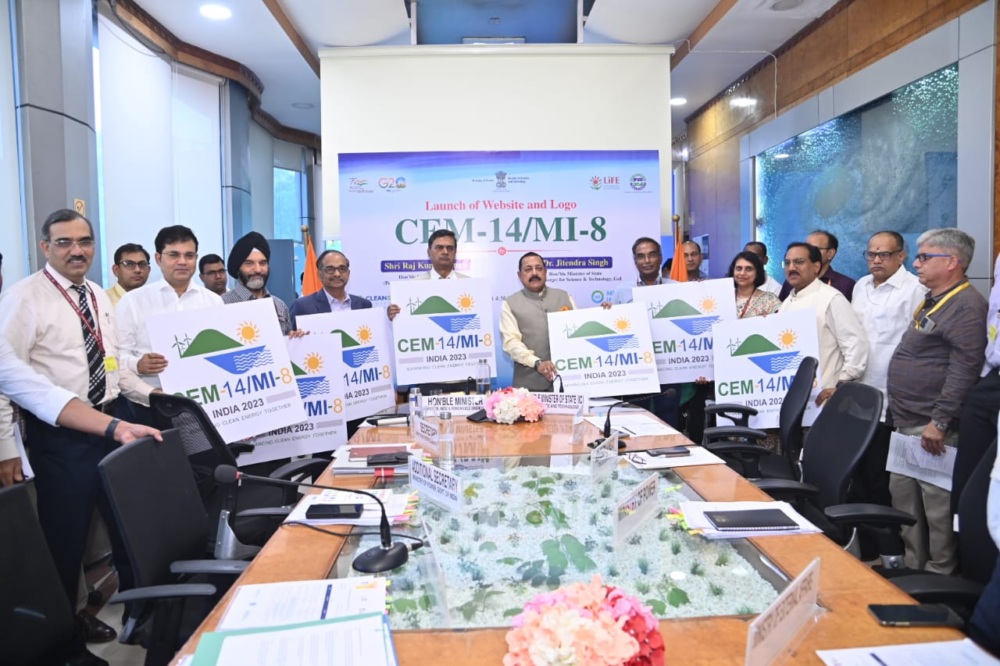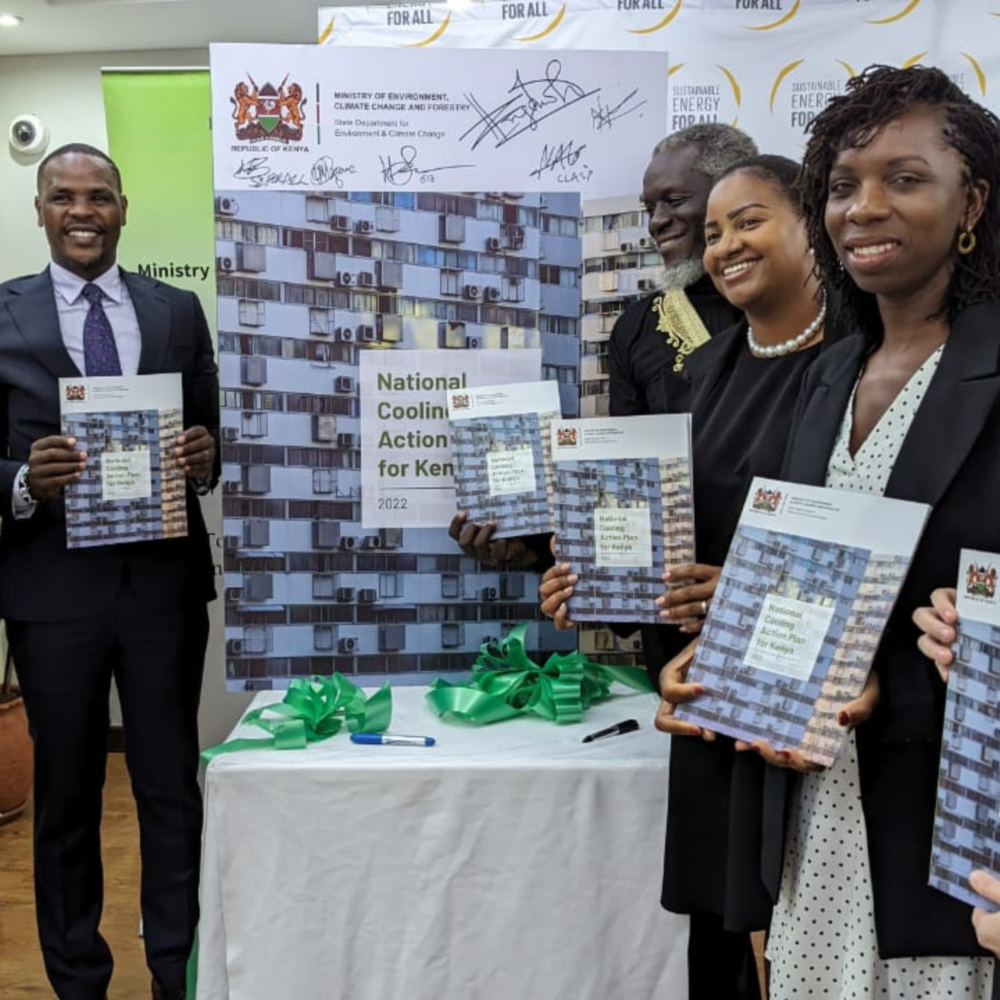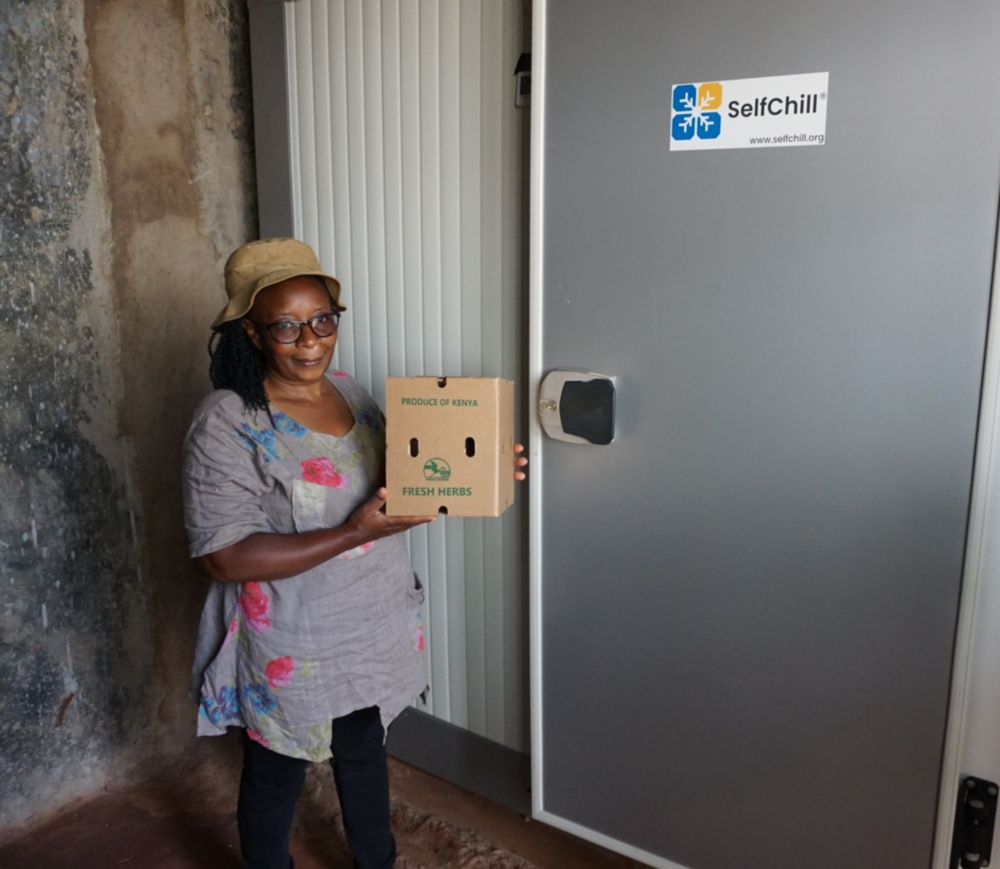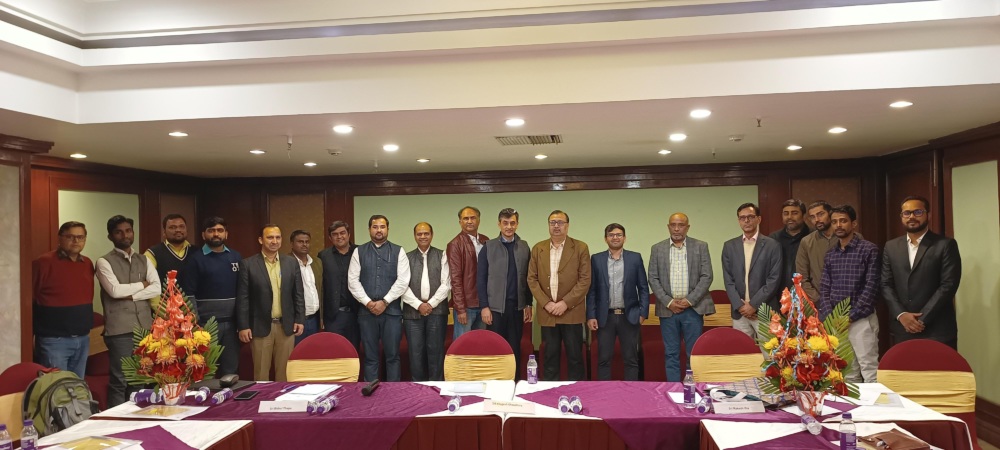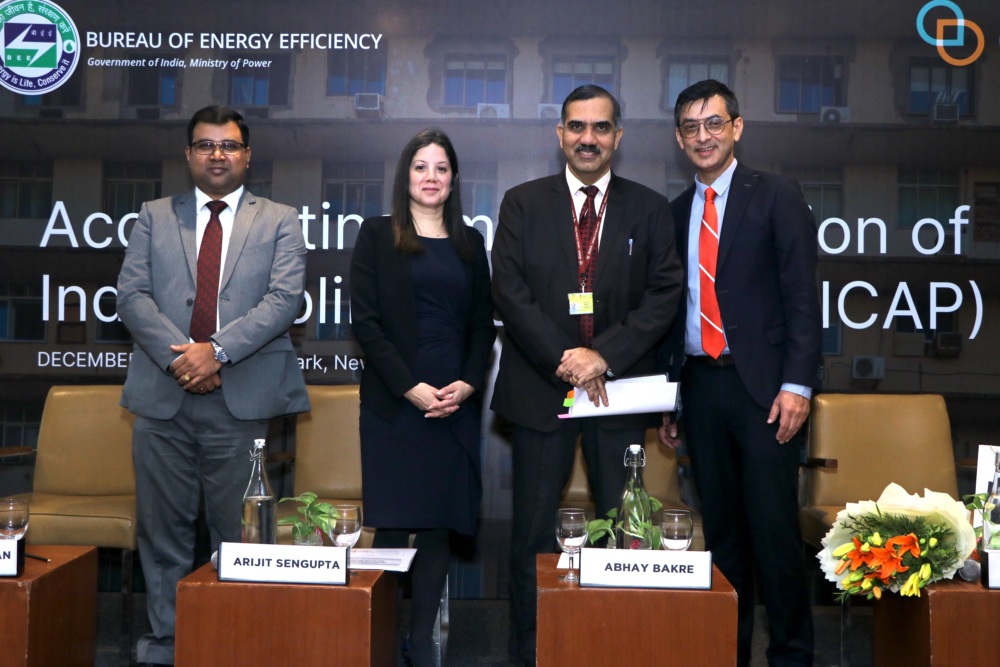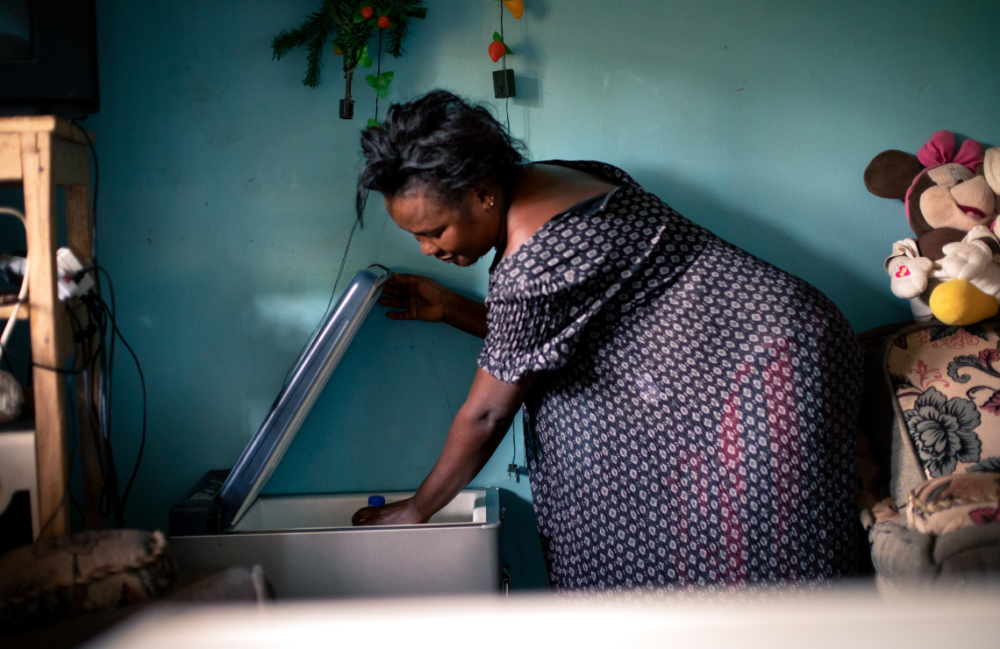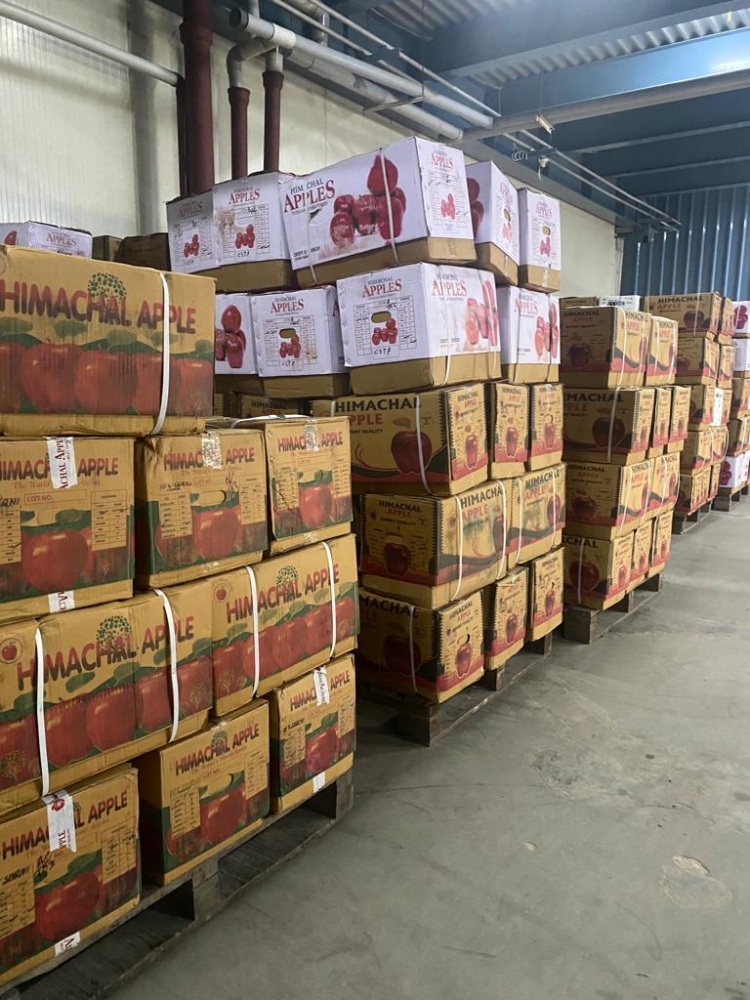CLASP: Advancing Energy-Efficient Cold Chains in India
CLASP attended the four-day 14th Clean Energy Ministerial (CEM14) meeting in Goa, India to discuss and collaborate on advancing clean energy solutions.
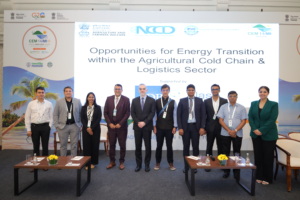
India’s agricultural sector faces two significant challenges: the impact of climate change and a rapidly growing population. As the demand for food increases, so will the need for efficient and robust cold chain and food logistics infrastructure. To bridge the gap between farmers and markets, the country needs substantial investments, a reliable power supply and an energy-efficient cold chain infrastructure.
In collaboration with Asian Development Bank (ADB), National Centre for Cold Chain Development, and Bureau of Energy Efficiency (BEE), CLASP co-hosted an event to explore the opportunities and challenges in transitioning towards low-carbon and energy-efficient cold chains.
BEE’s Director, Arijit Sengupta highlighted the importance of the energy sector for agriculture and livelihoods. Sengupta also shared that BEE is working to advance energy efficiency policy options for cold chain components such as compressors, walk in cold rooms and cold storage.
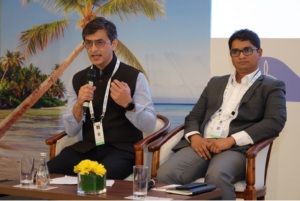
CLASP Senior Director, Bishal Thapa, moderated a discussion that emphasized the need to make the next wave of cold chain infrastructure energy efficient and sustainable. The consensus was that sustainable cold chain solutions and services must be accessible and affordable even to the smallest farms in India.
CLASP’s P. K. Mukherjee reinforced the need to have specific standards for cold chain equipment as a prerequisite to develop impactful energy efficiency policies for the sector. He also highlighted the existence of post-harvest horticulture guidelines and the need to ensure these are adopted by farmers.
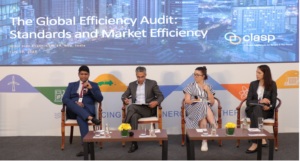 CLASP’s Kishore Kumar featured in a discussion on the Super-Efficient Appliance Deployment (SEAD) initiative of CEM. Kishore highlighted the progress being made towards doubling the efficiency of four priority products by 2030 – air conditioners, refrigerators, industrial motor systems, and lighting. This initiative is essential in the context of Nationally Determined Contributions (NDCs), where many countries are finding it challenging to meet their climate goals. By promoting super-efficient appliances, countries can significantly reduce their carbon footprint and contribute to global climate action.
CLASP’s Kishore Kumar featured in a discussion on the Super-Efficient Appliance Deployment (SEAD) initiative of CEM. Kishore highlighted the progress being made towards doubling the efficiency of four priority products by 2030 – air conditioners, refrigerators, industrial motor systems, and lighting. This initiative is essential in the context of Nationally Determined Contributions (NDCs), where many countries are finding it challenging to meet their climate goals. By promoting super-efficient appliances, countries can significantly reduce their carbon footprint and contribute to global climate action.
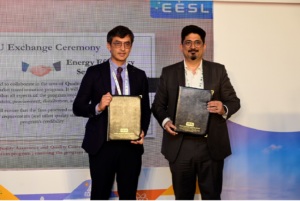
On the last day of CEM,, Energy Efficiency Services Limited (EESL) hosted a side event which included the signing of a Memorandum of Understanding with CLASP on adoption of 10 million energy-efficient fans in India. CLASP will provide technical assistance and capacity building support to EESL on Quality Assurance and Quality Control (QAQC) framework of fans program.
A key takeaway from CEM14 is that transitioning towards low-carbon and energy-efficient cold chain infrastructure is not just an opportunity but an imperative for India. Climate change poses significant challenges for India’s food storage and distribution, and it requires urgent action.
Watch all session recordings here.

